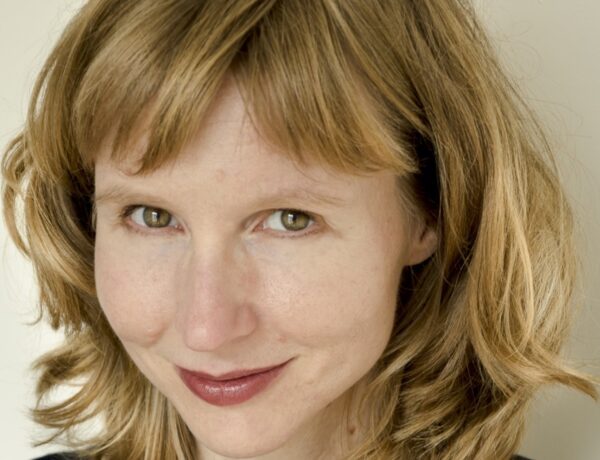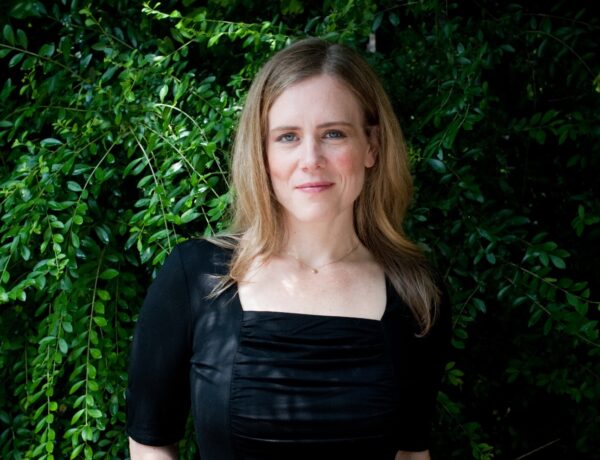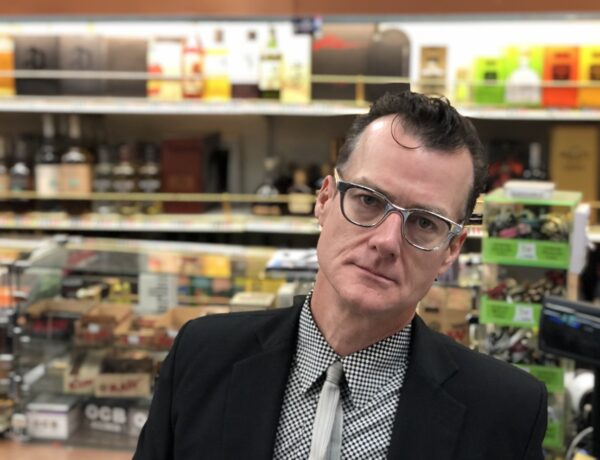David Maraniss is a New York Times best-selling author, fellow of the Society of American Historians, and visiting distinguished professor at Vanderbilt University.
He has been affiliated with the Washington Post for more than forty years as an editor and writer, and twice won Pulitzer Prizes at the newspaper. In 1993 he received the Pulitzer Prize for National Reporting for his coverage of Bill Clinton, and in 2007 he was part of a team that won a Pulitzer for coverage of the Virginia Tech shooting.
David was also a Pulitzer finalist three other times, including for one of his books, They Marched Into Sunlight. He has won many other major writing awards, including the George Polk Award, the Robert F. Kennedy Book Prize, the Anthony Lukas Book Prize, and the Frankfurt eBook Award. A Good American Family is his twelfth book. He and his wife Linda, a retired environmentalist, live in Washington, D.C., and Madison, Wisconsin, their hometown.
Each week, we publish a new daily writing routine from a famous author. Subscribe to our newsletter so you don’t miss out!
Hi David! We’re delighted to have you as a guest on Famous Writing Routines. For our readers who may not be familiar with your work, could you please give us a brief introduction to yourself?
I have writing in my blood. My grandfather was a printer, my father was a newspaperman, and my mother was a book editor. I am an associate editor at The Washington Post, where I’ve worked since 1977, and also an author.
Path Lit By Lightning: The Life of Jim Thorpe, is my thirteenth book. I’ve won virtually every award in journalism, including two Pulitzer Prizes, and was a Pulitzer finalist three other times, including once in History for the book They Marched Into Sunlight. I love everything about writing in both newspapers and books.
How does your background as a journalist and editor at the Washington Post influence your writing style and the stories you choose to tell?
Books and newspaper stories differ in some obvious respects, but I think the experience at the Post has only helped my career writing non-fiction books. It was through that work that I developed all the research skills that I use for the books.
How to find information, archival research, documents, letters, how to interview people to get the most out of them. and the need to go to the places I write about to understand them from the ground level. I talk about the four legs of the table of my research.
The first is go there, wherever there is; the second is find the documents, the third is interviews, talking to everyone I can about the subject; and the fourth leg is to look for what’s not there, in other words to go beyond the conventional story and break through the myths to unearth the real story.
Can you speak to the experience of winning Pulitzer Prizes and the impact it has had on your career as a writer?
The main beneficial effect of winning the awards was that it gave me more freedom. I’ve always tried to stay one step ahead of my editors and come up with my own ideas and write only about subjects that I am obsessed with, and the Pulitzers gave me more freedom to do exactly that.
All prizes are subjective, of course, and they reflect someone else’s taste, not one’s own, so I try not to give too much weight to winning them or not winning them. But I don’t try to repress the joy that comes with the news. Especially the first one, that I won for my coverage of Bill Clinton during the 1992 campaign. I felt like I was floating outside my body for days after I heard the news.
Discover the daily writing habits of authors like Stephen King, Neil Gaiman, and Gillian Flynn with Famous Writing Routines Vol. 1 and learn how to take your writing to the next level. Grab your copy today!
Your book, A Good American Family, delves into the complexities of one family’s history during the McCarthy era. Can you talk about the challenges and rewards of telling a story that is both deeply personal and historically significant?
A Good American Family was by far the most personal writing I’ve done. I tried to use the same methodology researching that book as I did for all the others, and was mostly able to do that, but everything I unearthed about my father and mother affected me more powerfully than anything I’d done before.
My father did not want me to tell his story, at least not while he was alive, so I waited until long after he was gone and first had to decide whether it was something I had to do. Which I did. My obsession took shape as I was writing the biography of Barack Obama. As I found parts of his life that he had gotten wrong in his wonderful memoir, Dreams From My Father, I realized that he was only passing along family mythology, stories he had heard from his mother or grandparents.
All of us hear such stories about family history, but few of us have a biographer going back to pierce through the mythology and find out what really happened. I realized there were myths in my own family’s history that I had to examine to find the real story. That led me to the book about my father and the McCarthy era.
Can you walk us through your writing process and routine? What does a typical writing day look like for you?
I try to write every day. Usually in the morning and night. Rarely after late lunch when my energy sags. Read during that time. Every day is different so I set weekly goals rather than daily. And I try to stop writing when I know what comes next.
Can you share any advice for aspiring writers and journalists, particularly in terms of developing their craft and finding their unique voice?
It depends on what the writers want to get out of their life’s work. My advice if you want to make a lifetime of writing non-fiction books is to avoid traps, especially the trap of snark and an inauthentic voice that can work for a while and make you temporarily popular but leaves you stuck without the ability to learn and grow and write about anything.
What does your writing workspace look like?
I write in a fairly small room on the third-floor of our house in Washington, DC. with two extra tables for material, built-in bookcases on two walls, a built-in computer desk in the corner near a window that looks out on the spires of the Washington Cathedral in the distance, and boxes everywhere filled with 3-ring binders of papers I’ll need to write my books. It gets increasingly crowded as I go along, but I try to keep the material organized in the belief that every hour I spend organizing my material saves me three hours in writing.
Affiliate disclaimer: Some links on this website are affiliate links. We may earn a small commission if you make a purchase through these links, but only promote products we truly believe in. We disclose affiliate links and give honest reviews.



No Comments